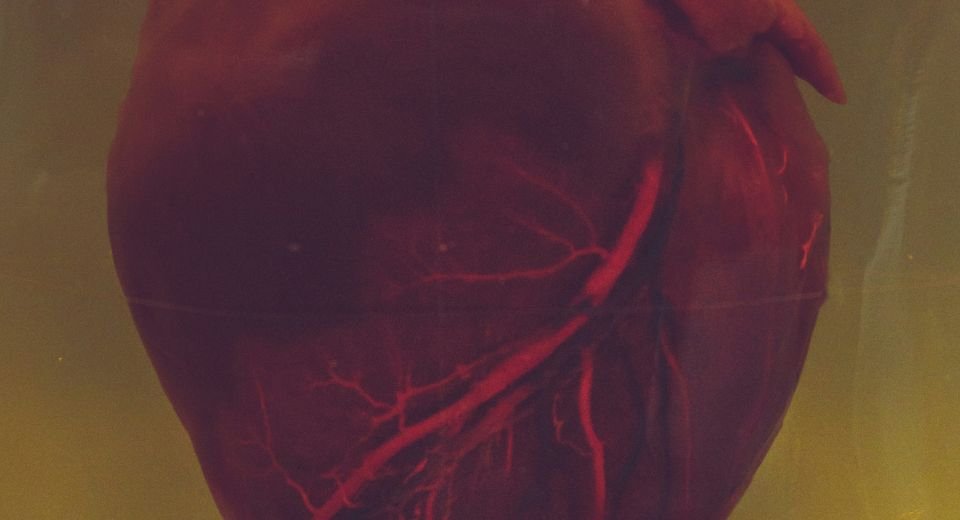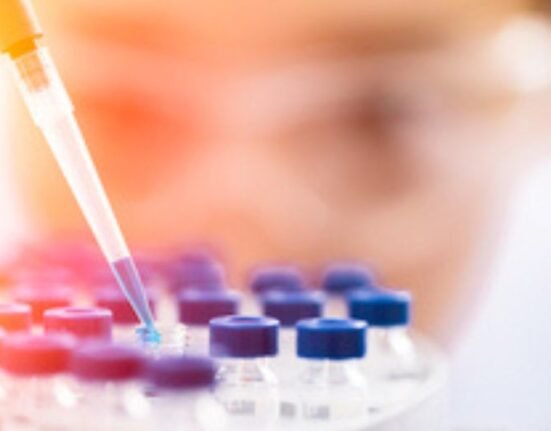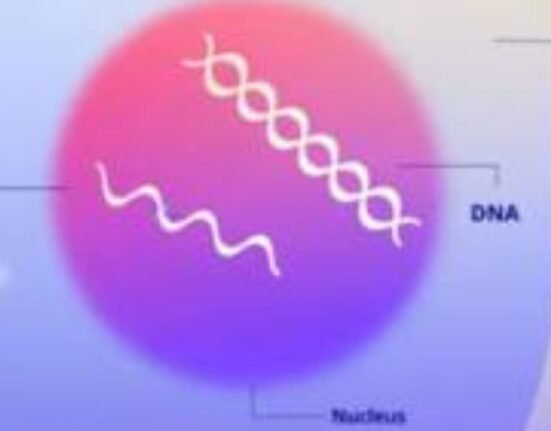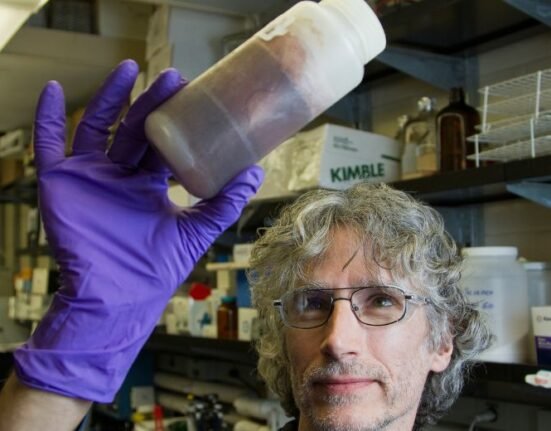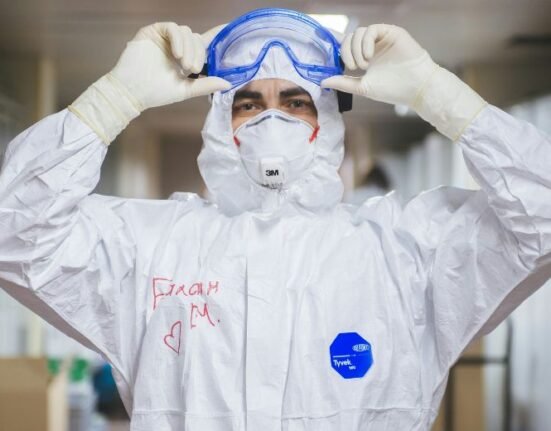HQ Team
March 20, 2024: The Covid-19 virus can damage the heart, even without directly affecting the heart tissue, according to a study by the National Institutes of Health (NIH).
Earlier research on SARS-CoV-2, the virus that causes Covid-19, had shown that more than 50% of people who get the disease experience some inflammation or damage to the heart.
What scientists did not know was whether the damage occurred due to an infection in the heart tissue itself, or because of systemic inflammation triggered by the body’s well-known immune response to the virus.
“This was a critical question and finding the answer opens up a whole new understanding of the link between this serious lung injury and the kind of inflammation that can lead to cardiovascular complications,” said Michelle Olive, PhD, associate director of the Basic and Early Translational Research Program at the National Heart, Lung, and Blood Institute, part of the NIH.
Suppressing inflammation
“The research also suggests that suppressing the inflammation through treatments might help minimise these complications,” she said.
The researchers focused on immune cells known as cardiac macrophages, which normally perform a critical role in keeping the tissue healthy but can turn inflammatory in response to injury such as heart attack or heart failure.
Macrophages are a type of blood cell that surrounds and kills microorganisms, removes dead cells and stimulates the action of other immune system cells.
The researchers analysed heart tissue specimens from 21 patients who died from SARS-CoV-2-associated acute respiratory distress syndrome and compared them with specimens from 33 patients who died from non-COVID-19 causes.
Mice study
They also infected mice with SARS-CoV-2 to follow what happened to the macrophages after infection.
In both cases, they found the SARS-CoV-2 infection increased the total number of cardiac macrophages and also caused them to shift from their normal routine and become inflammatory.
When macrophages are no longer doing their normal jobs, which include sustaining the metabolism of the heart and clearing out harmful bacteria or other foreign agents, they weaken the heart and the rest of the body, said Matthias Nahrendorf, MD, PhD, professor of Radiology at Harvard Medical School and senior author on the study.
Neutralising antibody
Studies in both humans and mice “show that after a Covid infection, the immune system can inflict remote damage on other organs by triggering serious inflammation throughout the body — and this is in addition to damage the virus itself has directly inflicted on the lung tissue,” he said.
Blocking the immune response with a neutralising antibody in the mice stopped the flow of inflammatory cardiac macrophages and preserved cardiac function, researchers said.
Such a treatment could be used as a preventive measure to help Covid-19 patients with pre-existing conditions, or people who are likely to have more severe outcomes from SARS-CoV-2-associated respiratory distress syndrome.


